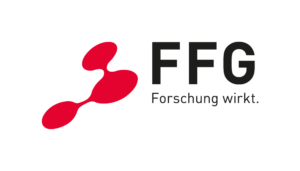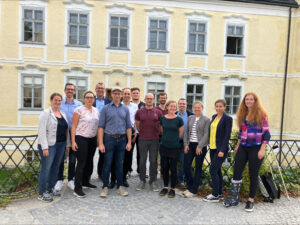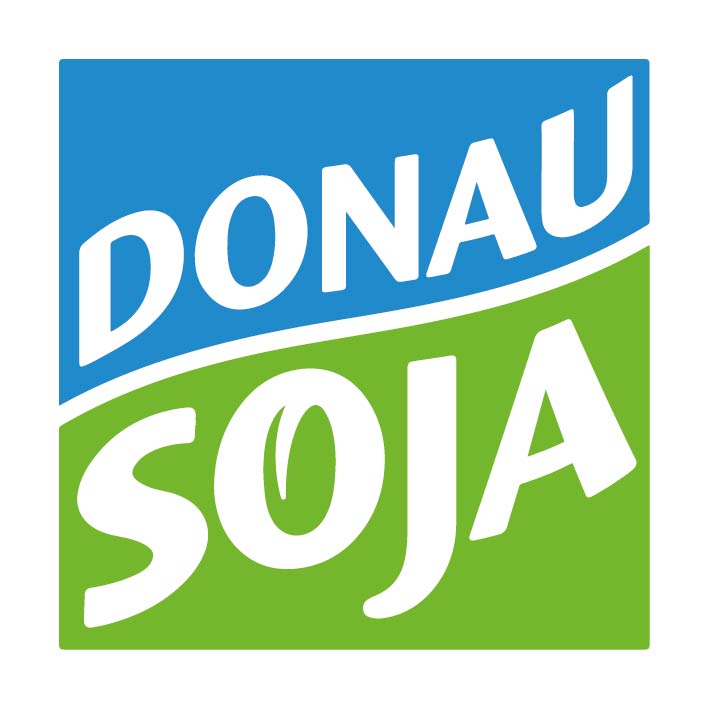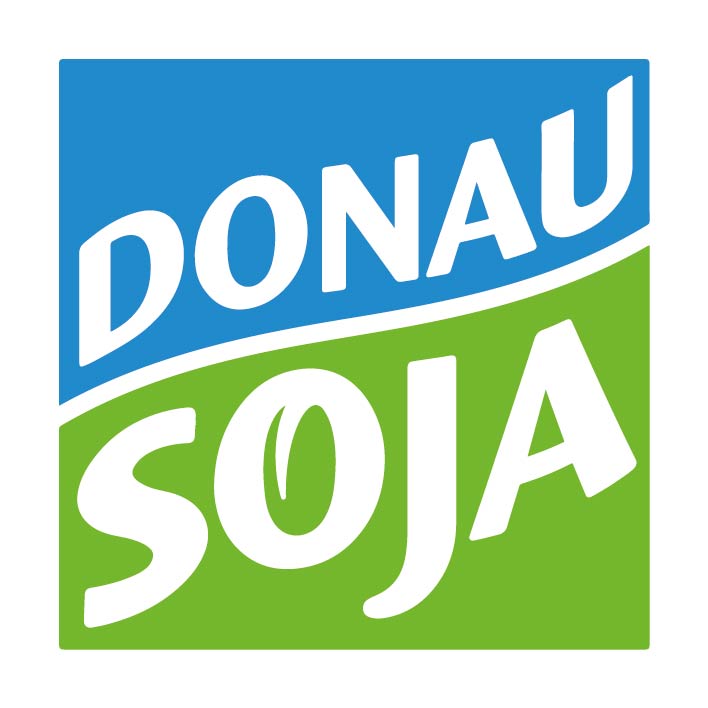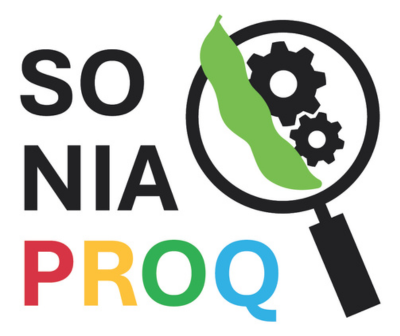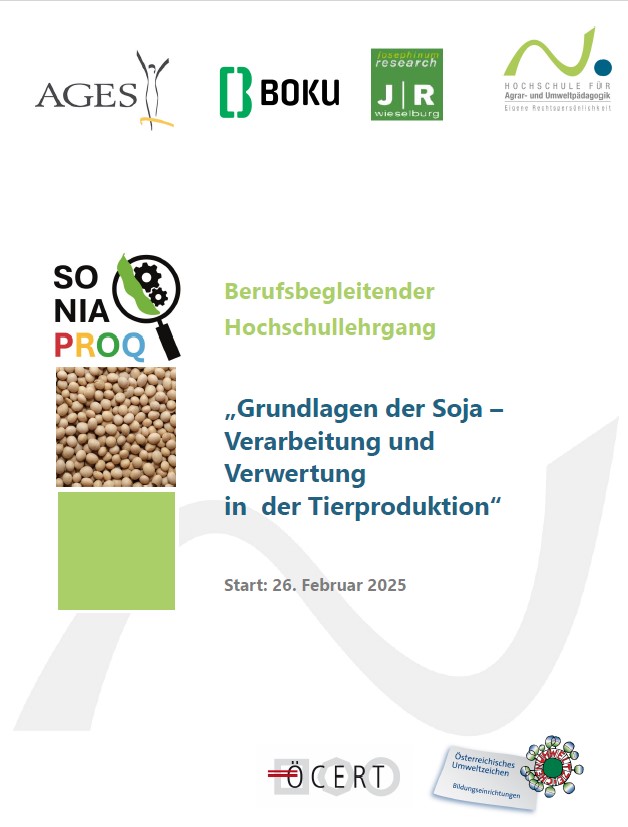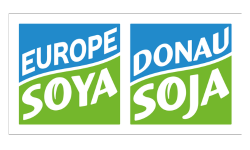Sonia-ProQ
SONIA-ProQ (Soybean Observation using NIRS for Attribute-Depending Prospective Quality Management) supports farms and soy processors in the utilisation of domestic soybeans for the production of animal feed. The project is doing pioneering work in the field of real-time process control in the treatment of soya beans. Technical optimisations based on near-infrared spectroscopy and imaging methods improve the product quality of soya products and the economic efficiency of processing. Together with accompanying measures such as a feeding trial with fattening pigs and a comprehensive training programme, the project is sustainably strengthening a large number of farms and contributing to improving the resilience of deforestation-free supply chains in Austria.
Course on soybean production and processing
A part-time certified course has been developed by Sonia-ProQ and its project partners for soybean processors, teachers in agricultural schools, consultants and interested farmers.
Consisting of seven blocks, mixed online and in presence, this course will give you comprehensive information on soybean production and processing and will dive deeper into fundamentals of animal nutrition.
In the two practical days, you will visit small processors and see NIRS technology used for the detection of soybean properties. The course will be held in German.
For more information click on the picture on the right or follow this link.
Project consortium
This project is coordinated by Josephinum Research in Wieselburg, Austria.
The partners are:
Project summary
The Austrian demand for soy amounts to about 600,000 tons per year. Around 80 percent is imported genetically modified (GM) soy from overseas. Austria aims to reduce its soybean import demand by 50 percent by the year 2030. On the one hand, this goal requires an expansion of the cultivation area and an increase in processing capacity. On the other hand, a demand-reducing effect can be achieved by increasing the processing quality. The main task of soybean processing is to break down antinutritive substances (trypsin inhibitors, saponins, lectins) while preserving valuable ingredients such as proteins as much as possible. This generally complex process control is complicated by the fact that necessary process adjustments only become apparent in the processed product (post-processing). Especially the regional decentralized processing of soy offers great potential to meet the increasing demand for processing capacity. In addition, small-scale plants have the potential to compensate fluctuations in quality caused by the feedstock. An increase of the processing quality in this way, this will have a demand-reducing effect.
The aim of SONIA – ProQ is to develop a suitable and practical solution for the acquisition of relevant properties in the preparation process. The data acquisition is the basis for the currently developed model from “Model-S”. The acquisition is to be realized with NIR-based sensor technology combined with imaging techniques. The main advantage is the non-contact and substance-preserving detection of the soybean in real time.
The challenge in SONIA – ProQ is to make defined properties of the untreated bean quantitatively detectable by NIRS and imaging techniques and available for subsequent modeling. The innovative approach and the unique possibility of prospective process control promotes a resource-saving and sustainable production of high-quality Austrian soy products. A successful implementation of SONIA -ProQ provides a valuable contribution to the Austrian goal of reducing soy imports and at the same time enables an increase of the Austrian added value.
Project duration: October 2023 – September 2025
For more information, please follow this link.
Acknowledgements
Sonia Pro-Q (Soybean Observation using NIRS for Attribute-Depending Prospective Quality Management) has received funding from FFG – COIN KMU-Innovationsnetzwerke 2022.
